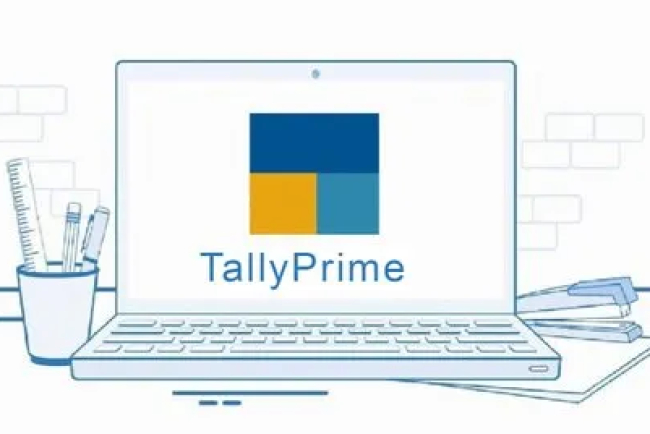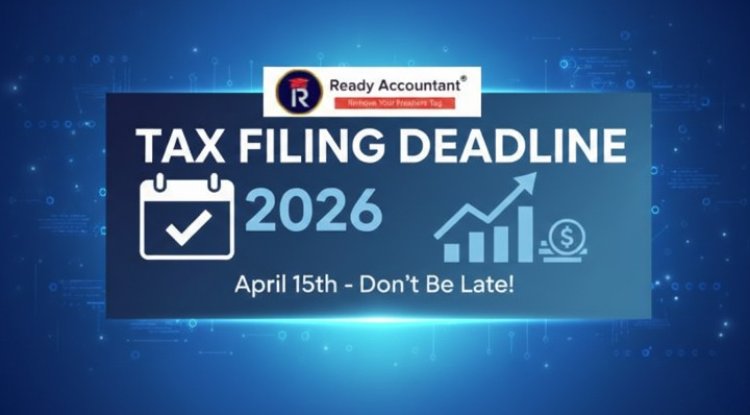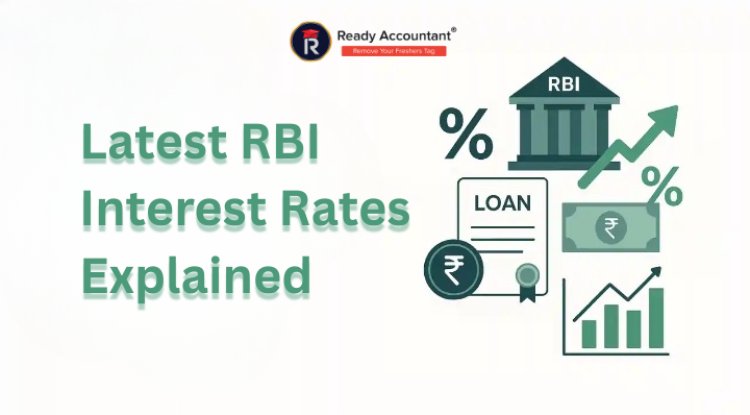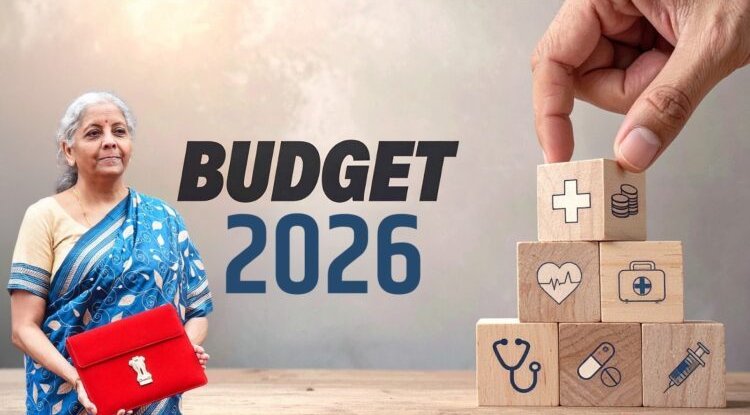Understanding the Income Tax Bill 2025 in India:
The Income Tax Bill 2025, anticipated to be a significant reform in India’s tax system, aims to simplify taxation, reduce burdens, and boost economic growth. Building on the 2020 new tax regime, it is expected to introduce revised tax slabs with a higher tax-free limit (potentially ₹5 lakh), increased standard deductions (up to ₹75,000), and enhanced exemptions for housing loans and medical insurance. Small businesses and startups may benefit from simplified presumptive taxation, extended tax holidays, and streamlined GST compliance. The bill emphasizes digital transformation with pre-filled ITRs and faceless assessments, increasing the demand for professionals skilled in Certified Corporate Accounting, SAP FICO (Finance & Controlling), and Taxation (Income Tax & GST). Enrolling in a popular course in these fields equips individuals to navigate the new tax landscape, optimize financial strategies, and seize career opportunities in India’s evolving economy.

The Income Tax Bill 2025 is expected to be one of the biggest reforms in India’s tax system. Its main goal is to make paying taxes easier, reduce the tax burden, and encourage people and businesses to follow the rules. While the final draft is not yet released, it builds on past reforms like the new tax regime introduced in 2020.
This bill could change how much tax we pay, how we claim deductions, and how we file returns. It’s also expected to create big opportunities for people trained in Certified Corporate Accounting, SAP FICO (Finance & Controlling), and Taxation (Income Tax & GST).
What Changes Can We Expect?
Based on recent budget announcements and government plans, here are the likely updates:
1. Easier Tax Slabs and Lower Rates
-
Higher Tax-Free Limit – The limit may go up from ₹3 lakh to ₹5 lakh for salaried people.
-
Lower Surcharge for High Earners – Those earning above ₹50 lakh may pay less surcharge.
-
Bigger Standard Deduction – Could increase from ₹50,000 to ₹75,000 for salaried employees.
2. More Deductions and Benefits
-
Home Loan Interest – Deduction under Section 24(b) may increase from ₹2 lakh to ₹3 lakh.
-
Medical Insurance – Higher limits under Section 80D (₹50,000 for individuals, ₹75,000 for senior citizens).
-
Digital Payments – Tax rebates for using UPI or other digital transactions to promote cashless payments.
3. Help for Small Businesses and Startups
-
Presumptive Taxation – Higher turnover limits for simplified tax filing (₹3 crore for businesses, ₹75 lakh for professionals).
-
Startup Tax Holiday – May extend tax-free period for startups from 3 years to 5 years.
-
Better GST Process – Easier input tax credit claims under Taxation (Income Tax & GST) rules.
4. Technology-Driven Tax System
-
Pre-Filled ITRs – Forms will come with pre-filled details from banks, employers, and GST data.
-
Faceless Assessments – No in-person visits; assessments will be done digitally.
-
GST-Income Tax Link – Real-time data integration using systems like SAP FICO.
What It Means for You
For Individuals
-
More savings due to higher tax-free limits and deductions.
-
Simpler, faster ITR filing with pre-filled forms.
-
Choice between old and new tax regimes will still require some planning.
For Businesses
-
Lower compliance burden for MSMEs and startups.
-
Faster GST refunds and easier tax credit management.
-
Need for tech-based accounting solutions like SAP FICO for smooth operations.
Why Tax Professionals Will Be in Demand
With new tax rules, people will need expert guidance to save money and stay compliant. Professionals skilled in Certified Corporate Accounting, SAP FICO (Finance & Controlling), and Taxation (Income Tax & GST) will be highly sought after because they can:
-
Plan taxes effectively for individuals and businesses.
-
Manage GST and income tax together.
-
Use SAP FICO to automate calculations and reporting.
-
Help startups take advantage of new tax incentives.
Why Learn These Skills Now?
If you take a popular course in these areas before the bill is implemented, you’ll have a big advantage in 2025:
-
Certified Corporate Accounting – Learn Indian tax laws, deductions, and return filing.
-
SAP FICO (Finance & Controlling) – Master financial automation and integration with GST/ITR systems.
-
Taxation (Income Tax & GST) – Gain deep knowledge of direct and indirect taxes.
Many of the best accounting institutes in Kolkata and the best taxation classes in India already offer combined courses that cover all three areas, along with placement support.
How to Get Started
When choosing a course, look for:
-
A syllabus covering income tax, GST, and SAP FICO.
-
Practical training with live filing examples.
-
Expert faculty from the industry.
-
Internship or placement support.
Conclusion
The Income Tax Bill 2025 aims to make taxes simpler, fairer, and more digital. For taxpayers, it means more savings and less hassle. For businesses, it means smoother compliance. For accounting professionals, it’s a golden opportunity to build a rewarding career.
start learning Certified Corporate Accounting, SAP FICO, and Taxation (Income Tax & GST) now. With the right training, you can become a trusted expert in India’s new tax era
What's Your Reaction?



















